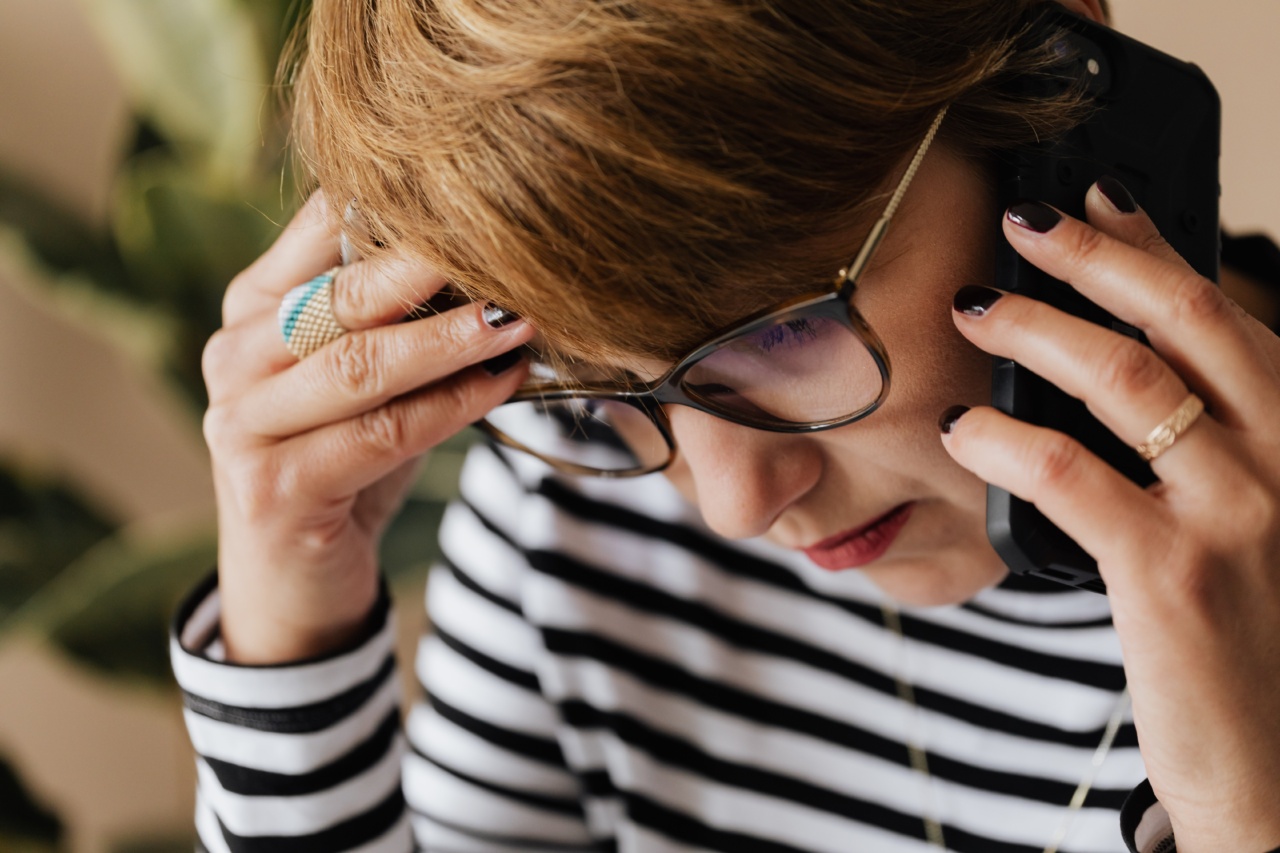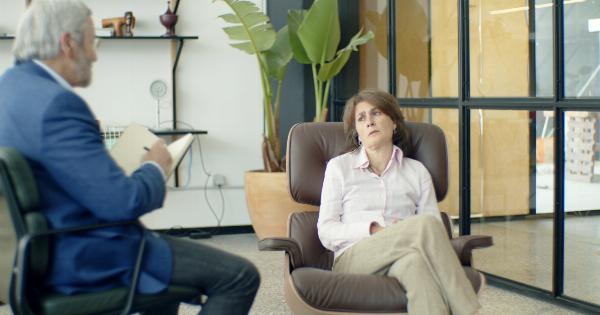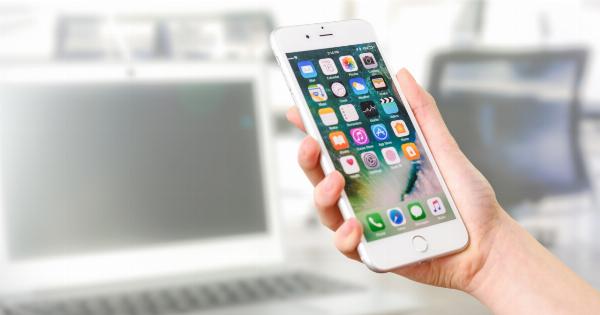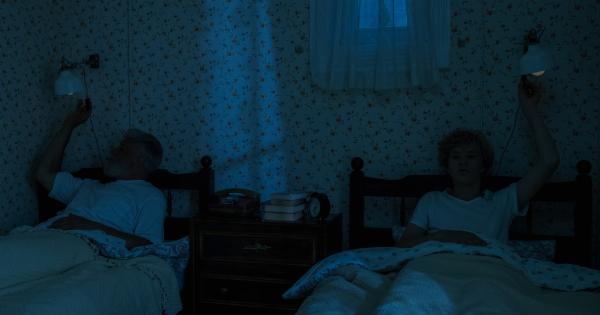In today’s digital age, smartphones have become an essential part of our lives. We use them for communication, entertainment, and even to track our fitness goals.
But did you know that your mobile phone could also help alleviate symptoms of depression? The same device that often gets blamed for contributing to mental health issues can actually be a powerful tool in managing and treating depression. In this article, we will explore how your mobile phone could be the key to overcoming depression and improving your mental well-being.
The Power of Mobile Apps
One of the main ways your mobile phone can help with depression is through a wide range of mental health apps available. These apps offer various features and strategies designed to support individuals struggling with depression.
Some of the key benefits include:.
Access to Information and Resources
Mental health apps provide users with a wealth of information about depression, its symptoms, and treatment options.
They offer educational resources such as articles, videos, and podcasts that can help individuals gain a better understanding of their condition. With easy access to information, users can make informed decisions about their mental health and take proactive steps towards recovery.
Mood Tracking and Self-Assessment
Many mental health apps include features that allow users to track and monitor their mood over time. By regularly recording their emotions and thoughts, individuals can identify patterns, triggers, and early warning signs of depression.
This self-awareness is essential for developing coping strategies and seeking help when needed.
Therapeutic Tools and Techniques
Several apps offer therapeutic tools and techniques to help manage and alleviate symptoms of depression. These can include guided meditation, deep breathing exercises, progressive muscle relaxation, and cognitive-behavioral therapy techniques.
By incorporating these practices into their daily routine, users can reduce stress, anxiety, and depressive symptoms.
Peer Support and Online Communities
It is well-established that social support plays a crucial role in managing depression. Mental health apps often provide platforms for connecting with individuals going through similar experiences.
These online communities allow users to share their stories, seek advice, and offer support to one another. Having a supportive network can decrease feelings of isolation and provide a sense of belonging, both of which are essential for overcoming depression.
24/7 Accessibility and Convenience
Unlike traditional therapy, mental health apps are available 24/7, allowing users to access support whenever they need it. This accessibility is particularly beneficial during moments of crisis or when professional help is not readily available.
Mobile apps provide a convenient and discreet way to manage depressive symptoms, empowering individuals to take control of their mental well-being.
Teletherapy and Remote Counseling
In recent years, the rise of teletherapy has revolutionized the field of mental health care. Mobile phones enable individuals to access counseling services remotely, eliminating barriers such as geographical distance and transportation issues.
Teletherapy allows individuals with depression to receive professional help from licensed therapists via video or phone calls, right from the comfort of their own homes. The convenience and flexibility of teletherapy make it an attractive option for many.
Wearable Technology and Health Tracking
Your mobile phone can also be a gateway to wearable technology such as fitness trackers and smartwatches. These devices can monitor various aspects of your health, including physical activity, sleep patterns, and heart rate.
Research has shown a strong connection between physical activity, improved sleep quality, and reduced symptoms of depression. By using wearable technology and syncing it with your mobile phone, you can keep track of your wellness goals and make adjustments to your routine as needed.
Limitations and Considerations
While the potential for mobile phones to aid in depression treatment is promising, it is important to acknowledge some limitations and considerations.
Firstly, it is crucial to remember that mobile apps and teletherapy should not substitute professional medical advice or treatment. These tools can complement traditional therapy but should not replace it entirely. It is essential to consult with a healthcare professional to develop a comprehensive treatment plan for depression.
Furthermore, not all mental health apps are created equal. It is crucial to choose reputable and evidence-based apps that have been reviewed by mental health professionals.
Reading reviews and consulting healthcare providers can help identify reliable apps that suit individual needs.
Privacy and data security should also be a top priority when using mental health apps or engaging in teletherapy. Always ensure that you are using trusted platforms that protect your personal information and adhere to strict privacy regulations.
The Future of Mobile Mental Health
The field of mobile mental health is constantly evolving, and ongoing research and advancements in technology continue to expand the possibilities.
As smartphones become more sophisticated, they may incorporate features such as artificial intelligence and machine learning algorithms to provide personalized and adaptive mental health support. The future may bring a new wave of mobile apps that can accurately predict depressive episodes, offer tailored interventions, and monitor treatment progress in real-time.
All in all, your mobile phone has the potential to be much more than just a device for communication and entertainment. It can be a lifeline for those struggling with depression, providing access to information, support, and therapeutic tools.
As technology continues to progress, so does the opportunity for mobile phones to play a significant role in the management and treatment of depression.
In Conclusion
Your mobile phone has the power to be a valuable tool in your journey to overcome depression. From mental health apps to teletherapy and wearable technology, the possibilities are endless.
Embrace the potential of your smartphone and leverage it as a positive force in your mental well-being. Remember to seek professional help when needed and choose reputable resources to ensure your mobile experience promotes your overall mental health.































